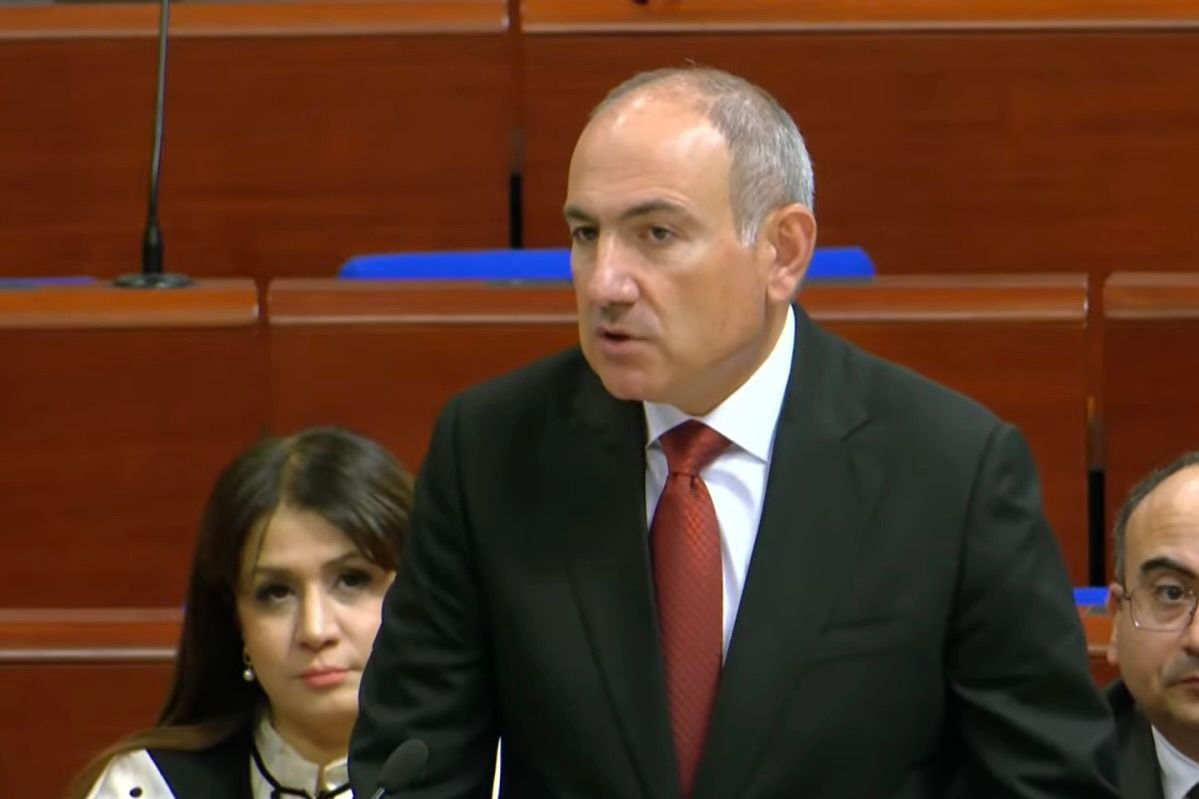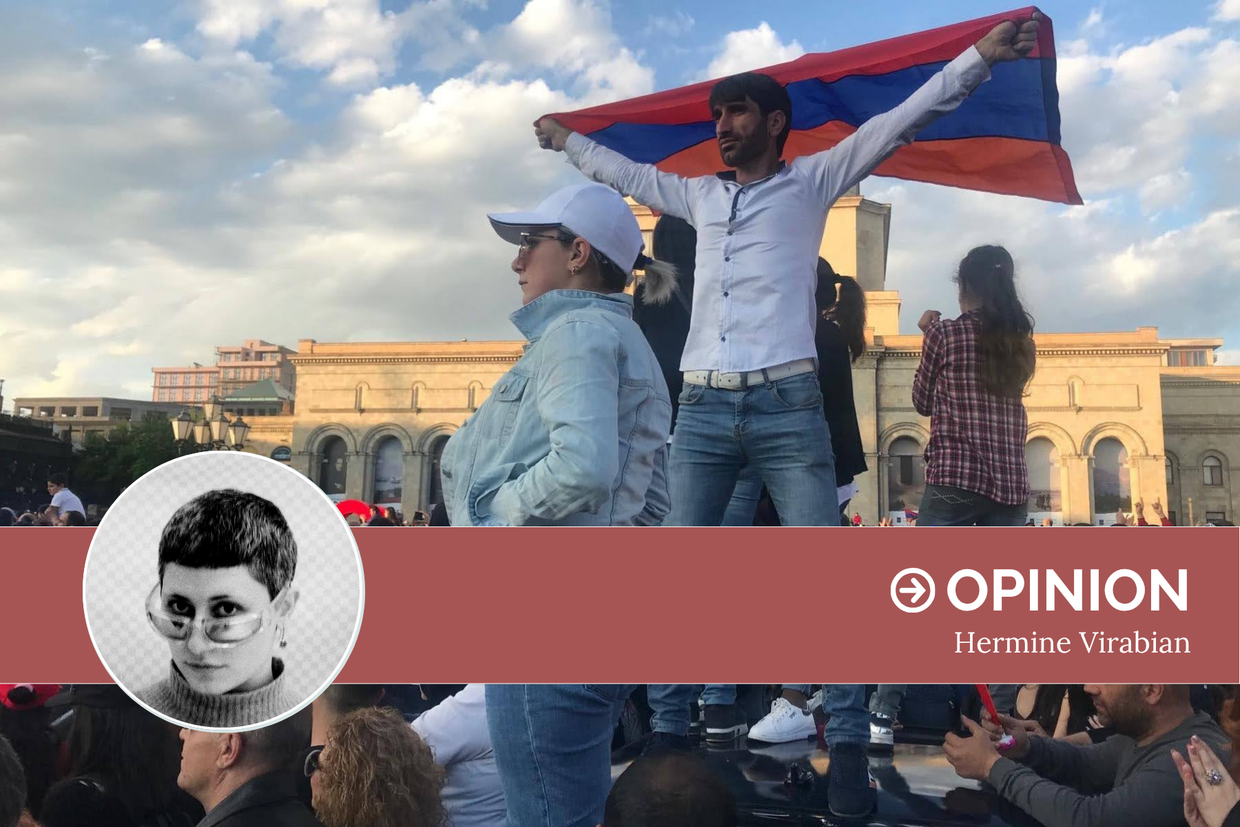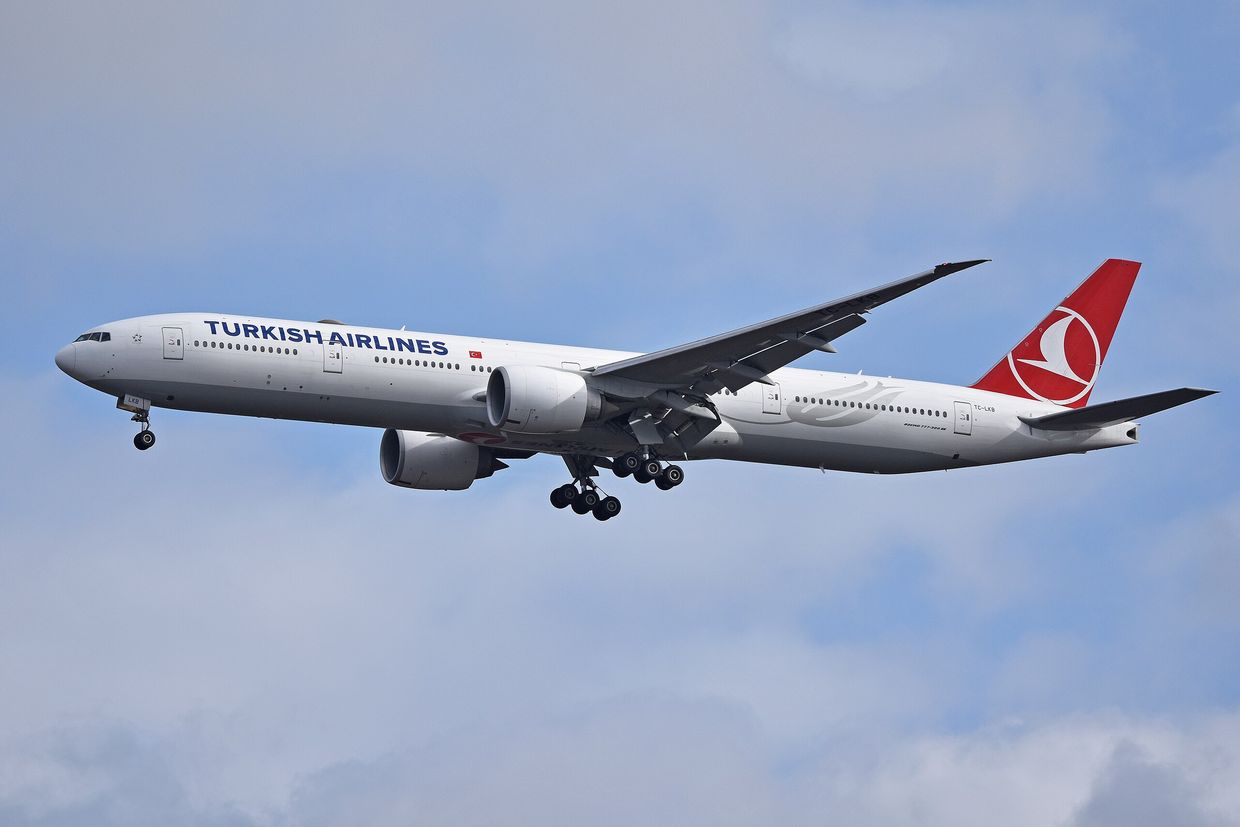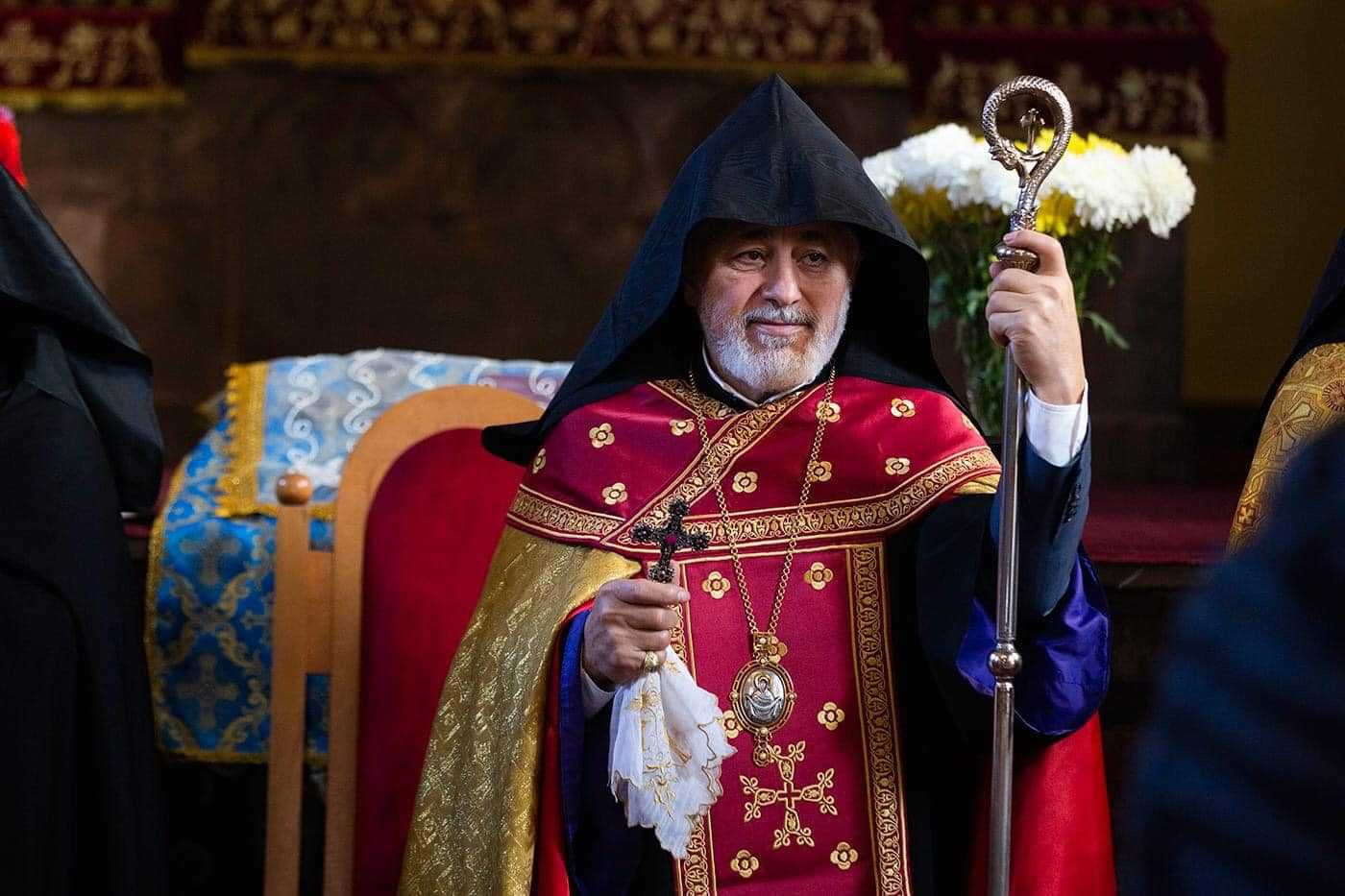
Armenian Prime Minister Nikol Pashinyan has strongly condemned the use of the term ‘Zangezur corridor’ by a delegate from the Parliamentary Assembly of the Council of Europe (PACE), calling the phrasing illegitimate and a breach of Armenia’s sovereignty.
The incident occurred during a plenary session on 30 September when Edward Leigh, a PACE member from the UK, asked whether the opening of what he called the ‘Zangezur corridor’ through Armenia would benefit the country as much as it would Azerbaijan.
Pashinyan stated that the term had never appeared in any official Armenia–Azerbaijan negotiations, describing it as a unilateral narrative promoted by Azerbaijani President Ilham Aliyev. He separately urged Aliyev to clarify its meaning, warning that assigning a name to Armenian territory without the consent of Yerevan constituted a ‘gross violation’ of the country’s sovereignty.
‘Where exactly have you read the phrase “Zangezur Corridor”?', Pashinyan asked Leigh.
‘The Washington accords don’t mention any so-called corridor’, he continued. ‘There is no such thing in any document, hasn’t been, and will never be in any agreed-upon document between Armenia and Azerbaijan’.

He further warned that using the term without Armenia’s consent constituted a breach of the country’s sovereignty.
'No one has the right to name any part of the sovereign territory of the Republic of Armenia with a term not accepted by Armenia’, Pashinyan said.
Pashinyan stressed that all regional connections envisaged under the Washington agreements were based on principles of territorial integrity, sovereignty, jurisdiction, and reciprocity. He also highlighted the Trump Route for International Peace and Prosperity (TRIPP) project, which envisions a network of regional transport and trade links, emphasising that any project affecting Armenian territory must be agreed upon with the Armenian government.
'Any action to the contrary amounts to a violation of Armenia’s sovereignty’, Pashinyan said. 'When it comes to the territory of the Republic of Armenia, only terminology defined by the government, parliament, or other authorised bodies — or agreed with the Armenian authorities — may be used’.
The 'Zangezur corridor' is often cited in Azerbaijani discourse as a transport link connecting mainland Azerbaijan to its Nakhchivan exclave through southern Armenia. Armenia has consistently rejected the term, viewing it as a potential territorial claim. The corridor has been referred to in recent diplomatic discussions as either TRIPP or the Trump route, referring to President Donald Trump.
Despite Pashinyan’s harsh reaction at PACE, the Armenian government appears eager to finalise the peace talks and sign the Trump-mediated peace deal with Baku, which is set to end the longstanding conflict between the two nations.
Pashinyan praises Armenian ‘democracy’
In the second part of his speech, Pashinyan moved to praise Armenia’s democratic journey and its relationship with the Council of Europe. He recounted his personal experience as an opposition politician arrested in the 2008 post-election protests and credited the persistence of PACE, the European Court of Human Rights (ECHR), and the Council of Europe for his eventual acquittal, and in the strengthening of Armenia’s democratic institutions.
‘Since the Velvet Revolution of 2018, all elections in Armenia have been free and fair, a historic shift from past practices where electoral fraud was common’, Pashinyan said.
He still acknowledged remaining challenges, however, including voter bribery and disinformation campaigns, particularly from media controlled by forces ousted from power in 2018. In particular, he claimed that some opposition actors also receive support from foreign sources, making the defence of democracy against hybrid threats a continuing priority.
Against the backdrop of sharply declining democracy in Georgia and Azerbaijan’s stable dictatorship, Armenia’s democratic situation remains the most hopeful in the South Caucasus, but critics have long argued there has been a decline following the peak of reforms in the first two years after the 2018 Velvet Revolution.
The most recent crackdown on the Armenian church, businesspeople, and the opposition figures raised questions about the sincerity of the government’s stated commitment to democracy.

During his speech, Pashinyan described Armenia as a country where democracy is in ‘reliable hands’ — with the people themselves as the ultimate guarantors of democratic governance.
In September, Pashinyan came under fire for saying ‘I am the government’ when confronted by journalists after claiming that he had ‘won’ the arbitration case initiated by Russian–Armenian tycoon Samvel Karapetyan against Armenia regarding his Electric Networks of Armenia (ENA). Pashinyan’s statement contradicted the statement of the Office of the Representative on international legal matters, which said that it was mandatory for the urgent arbitration ruling to be implemented.
‘There absolutely cannot be such a position. I am the government. No one can have a position that contradicts mine’, Pashinyan stated, later sacking the head of the office, Liparit Drmeyan.
During his visit to Strasbourg, Pashinyan held meetings with PACE President Theodoros Rousopoulos, Secretary General Alain Berset, Council of Europe Commissioner for Human Rights Michael O’Flaherty, ECHR President Mattias Guyomar, and PACE co-rapporteurs Boriana Aberg and Piero Fassino.

This article was translated into Russian and republished by our partner SOVA.










